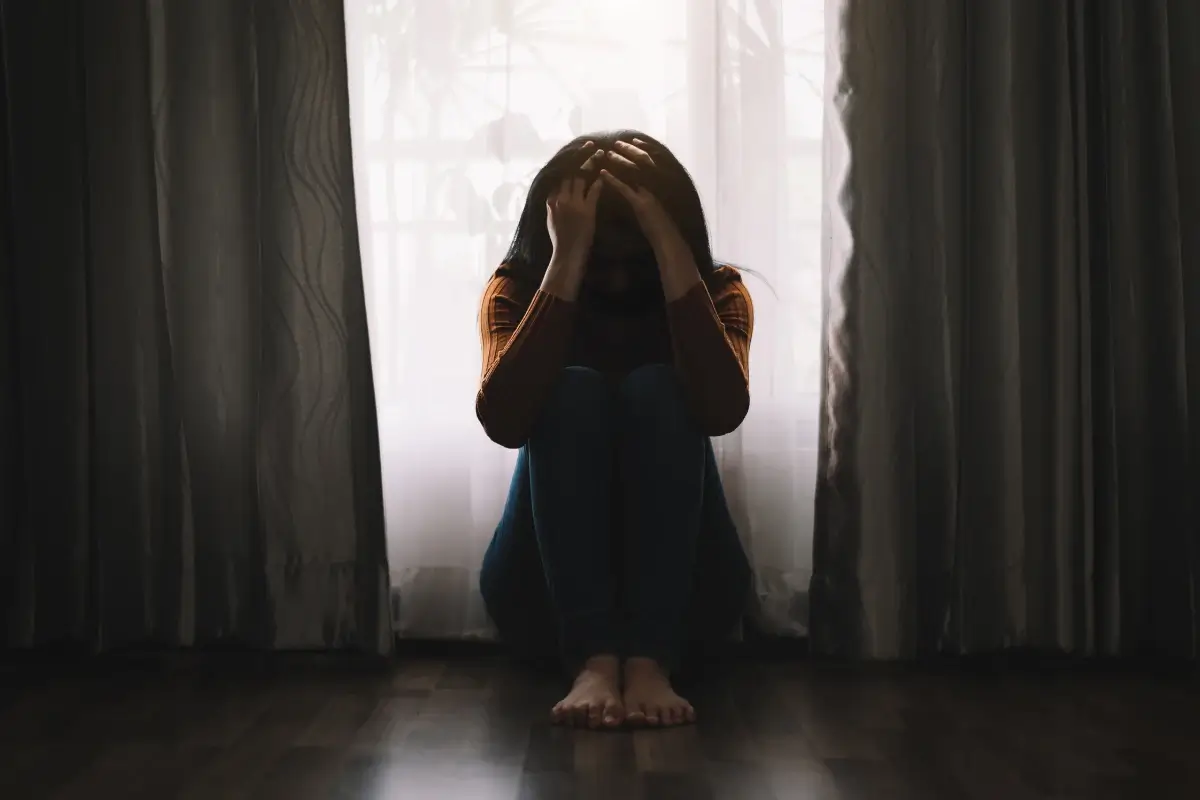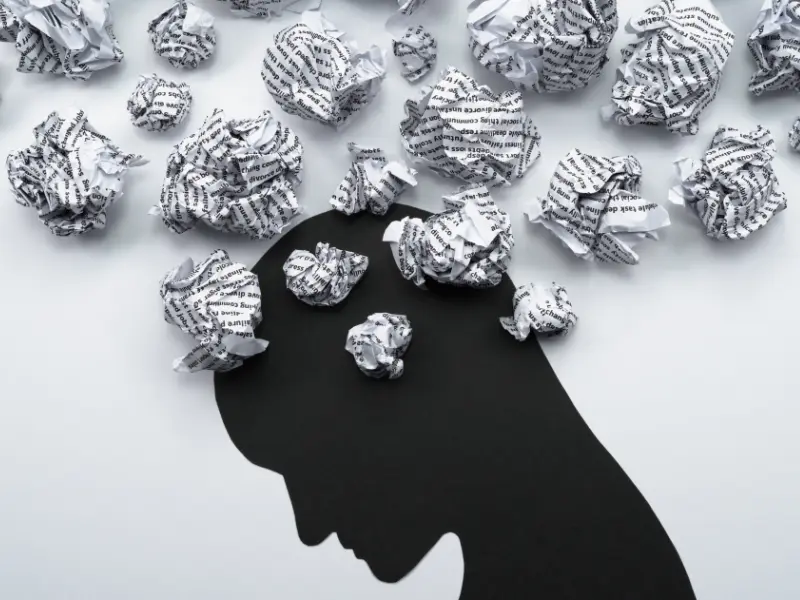Understanding How Depression Can Take Over a Person’s Life

Table of Contents
Depression can strike without warning, overwhelming an individual with a profound sense of despair that affects every aspect of life. It can descend suddenly, even after periods of stability, leaving a person feeling trapped and hopeless. This emotional state may manifest as frequent crying, intense sadness, and a loss of interest in daily activities. Simple tasks, such as taking a shower or making a cup of tea, can become insurmountable, leading to withdrawal from loved ones and increased isolation.
The Physical, Emotional, and Cognitive Impact of Depression
Depression affects people physically, emotionally, and cognitively, creating a vicious cycle that is difficult to break. For example, when someone feels low in mood or hopeless, they may lack the motivation to get out of bed or engage in physical activity. This inactivity leads to lethargy and a sense of heaviness, which, in turn, deepens the feelings of sadness and tiredness. As these symptoms feed into each other, the cycle continues, making the individual feel even more trapped and helpless.
Triggers and Causes of Depression
The onset of depression is often linked to significant life changes or stressors, such as the loss of a loved one, financial difficulties, or major life transitions. However, depression can also arise without a clear cause, highlighting the complexity of the condition. The interconnected nature of emotional, physical, and cognitive symptoms can make it difficult to separate one aspect from another, further complicating the individual’s experience.

The Role of Support in Managing Depression
Family members and friends may try to offer support, but their well-meaning efforts can sometimes feel ineffective or frustrating to the person experiencing depression. The desire to “fix” the situation underscores the complexity of depression, which often does not respond to simple solutions or advice.
Recognising the Universality of Depression
This understanding of depression serves as a powerful reminder that it can affect anyone, regardless of their previous resilience or ability to cope with challenges. It illustrates the importance of self-care and ongoing reflection on one’s mental and emotional health. Recognising how depression intertwines various aspects of well-being can lead to more effective support and empathy for those who are struggling, fostering a more informed and compassionate approach to treatment.
Are These Factors Contributing to Your Depression?
• Do you feel isolated or lack a support network?
• Are you experiencing relationship problems?
• Are financial difficulties causing you stress?
• Are you dealing with ongoing health problems?
• Is there a history of depression in your family?
• Are you struggling with alcohol or drug abuse, or another form of addiction?
• Have you experienced trauma or difficulties in the past, including abuse?
• Have you recently undergone a significant hormonal change, such as after giving birth? (e.g., Postnatal Depression & Baby Blues)

How Therapy Can Help Manage Depression
Cognitive-behavioural therapy (CBT) may also be incorporated if it feels appropriate, providing practical tools to break the vicious cycle of depression. That said, CBT can form part of an integrative approach, as there is no one-size-fits-all solution, and your well-being is the priority.
Medication and Therapy: Finding the Right Balance
Some individuals prefer to avoid medication, while others find that anti-depressants help to reduce their symptoms enough to engage more fully in therapy. In some cases, medication alone may be sufficient to alleviate symptoms; however, the therapeutic process can target the underlying factors of your distress and offer a more long-term solution.